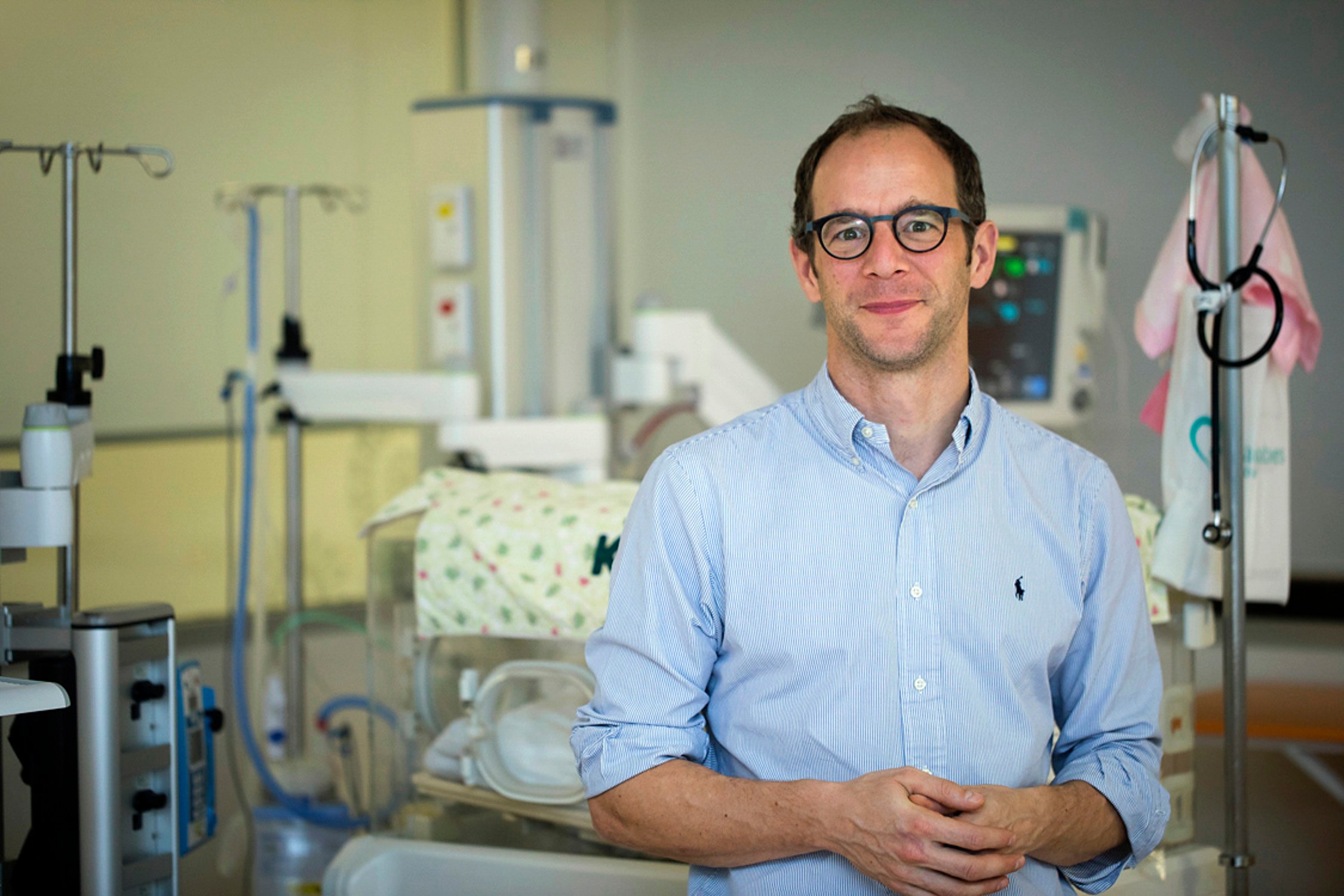Search

The Kids Research Institute Australia researchers will lead a new national clinical trial (COSI-2) to determine whether topical coconut oil can reduce late onset sepsis in extremely preterm infants.
Delayed cord clamping (DCC) is an evidence-based intervention that reduces mortality, anaemia and disability in infants born <37 weeks' gestation who do not require immediate resuscitation. However, it is neither reliably recorded nor routinely implemented in Australia. The Wait a Minute or More study aims to reduce this gap between the evidence and practice by integrating timely sharing of cord clamping data with Evidence-based Practice for Improving Quality methods to increase the proportion of preterm infants receiving DCC for 60s or longer (DCC60).
Gut microbiota play a critical role in long-term health by supporting metabolism, immune function, inflammation regulation, and neurological development via the gut–brain axis. Beneficial bacteria enhance gut integrity through short-chain fatty acid production, pathogen inhibition, and mucosal barrier support.
This study aimed to assess whether undertaking retrieval was associated with fatigue independent of sleep and circadian disruption. It also aimed to assess the feasibility of routinely measuring the psychomotor vigilance test on neonatal transport. Fatigue is associated with impaired clinician performance and safety.
Compromised neonatal intensive care unit neonates are at risk of acquiring late-onset infections (late-onset sepsis [LOS]). Neonates born with congenital anomalies could have an additional LOS risk.
Citation: Davis JW, Stewart M. Data collection in neonatal retrieval medicine: a platform for research and improvement. Arch Dis Child Fetal Neonatal
There is a recognized unmet need for clinical trials to provide evidence-informed care for infants, children and adolescents. This Special Communication outlines the capacity of 3 distinct trial design strategies, sequential, parallel, and a unified adult-pediatric bayesian adaptive design, to incorporate children into clinical trials and transform this current state of evidence inequity. A unified adult-pediatric whole-of-life clinical trial is demonstrated through the Staphylococcus aureus Network Adaptive Platform (SNAP) trial.
Tobias Strunk MD, PhD, FRACP Head, Neonatal Health tobias.strunk@thekids.org.au Head, Neonatal Health Clinical Professor Tobias Strunk is a
Tobias Strunk MD, PhD, FRACP Head, Neonatal Health tobias.strunk@thekids.org.au Head, Neonatal Health Clinical Professor Tobias Strunk is a
While a systematic review exists detailing neonatal sepsis outcomes from clinical trials, there remains an absence of a qualitative systematic review capturing the perspectives of key stakeholders.
